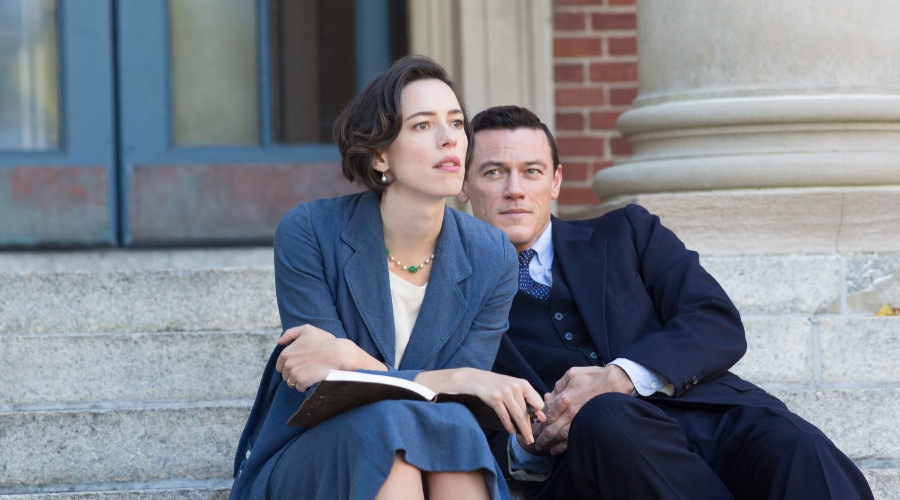Swedish maverick returns after nearly a decade away with avant-electro-pop paean to sexual freedom
This album has been about in virtual form since last autumn but now receives physical release. In more ways than one. Since theartsdesk didn’t review it back then, its reappearance on CD and vinyl gives us an excuse to now. After all, Swedish musician Karin Dreijer – once of The Knife – is fascinating, an artist who pushes at the boundaries. She revived her Fever Ray persona last year amidst videos revelling in sci-fi weirdness and orgiastic BDSM imagery. Plunge is the musical life statement that follows.
Five years ago Dreijer divorced, shaking off the “Andersson” that once double-barrelled her name. She has since been exploring her mostly gay sexuality in an untrammelled physical manner, according to both interviews she’s given and the lyrics here. Where Fever Ray’s eponymous debut album, nine years ago, was morose, the sound of a woman trapped, depressed even, by parenthood, Plunge is an explosive liberation. With it comes a twisted electro-pop that upon occasion, as on the celebratory “To the Moon and Back”, is even light and accessibly melodic.
That’s not to say this is all easy stuff. On “Falling” she seems to be exploring her sexual identity via a chugging Gary Numan-esque machine rhythm, while the techno pulsing “IDK About You”, with its occasional orgasmic yelp samples, may be about Tinder hook-ups and trust. The true centrepiece and manifesto, though, is “This Country”, which stridently identifies sexual repression with political will. Many will turn to the line “The perverts define my fuck history” but, perhaps, it’s true core lies in the couplet “Free abortions and clean water/Destroy nuclear, destroy boring”.
Plunge is less art-obtuse than much Dreijer has been involved in, closer in tone to Björk and, musically, Santigold’s underheard 2016 album 99¢. She remains her own creature, not releasing this through commercial imperative but as a necessary proclamation, yet it’s as pop as anything she’s done since The Knife’s second album 12 years ago.
Overleaf: Watch the video for "To the Moon and Back" by Fever Ray










 Watching his bravura performance at the lectern throughout is his wife, but Marston's eye is particularly drawn to Olive (Bella Heathcote), a student whose doll-like prettiness (and an aunt and mother who are pioneer feminists) intrigues him. His desire for Olive is briefly thwarted when she demonstrates that she’s more interested in snogging his wife than him, but they soon settle into a scandalous sexy threesome and Marston is forced to leave the university.
Watching his bravura performance at the lectern throughout is his wife, but Marston's eye is particularly drawn to Olive (Bella Heathcote), a student whose doll-like prettiness (and an aunt and mother who are pioneer feminists) intrigues him. His desire for Olive is briefly thwarted when she demonstrates that she’s more interested in snogging his wife than him, but they soon settle into a scandalous sexy threesome and Marston is forced to leave the university.